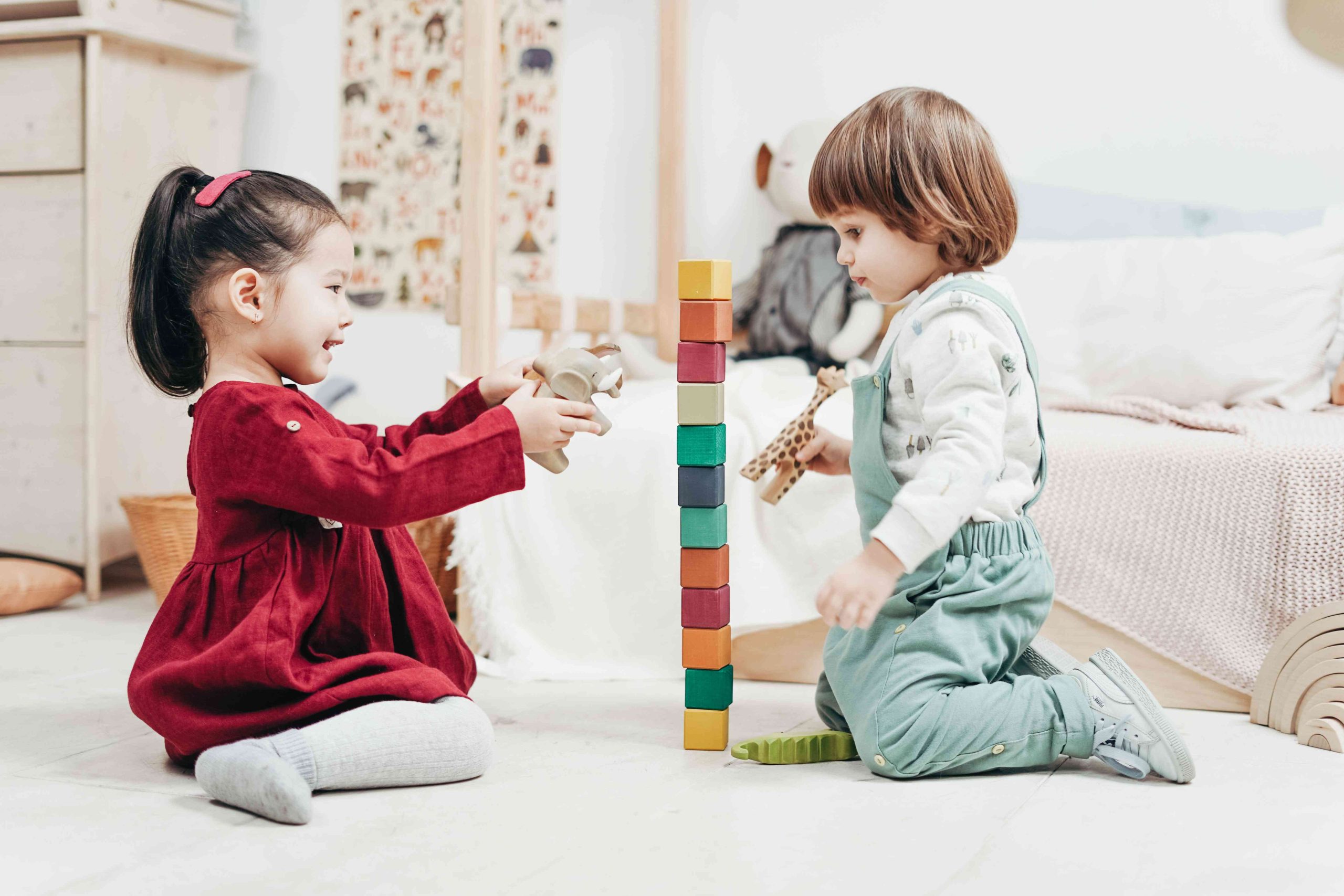
The Developmental Phase of Preschoolers Sharing a Room: Can a Toddler Boy and Girl Share a Room?
Many parents who are parenting preschoolers find themselves torn between allowing their toddler boy and girl to share a room. On one hand, the idea of having them share a room sounds reasonable and economical. On the other side, some parents express concerns about how it might impact their preschooler’s development. In this article, we will delve into the pros and difficulties associated with having a toddler boy and girl share a room, particularly focusing on the developmental stage of preschoolers sharing a room.
The Advantages of Sharing a Room with Preschoolers
For preschoolers, having a sibling in the same room can be highly advantageous. Firstly, it encourages friendship and reduces feelings of isolation. Preschoolers who share a room often form strong friendships and learn important social skills. Sharing a bedroom can also help toddlers establish better sleeping habits, as they tend to have more regular sleep schedules and feel safer when sharing a room. Additionally, sharing a room can be a practical solution for families with limited resources or space, allowing them to reduce housing costs and provide a more secure living situation for their preschoolers.
The Problems of Sharing a Room with Preschoolers
While sharing a room with preschoolers comes with numerous advantages, there are certain drawbacks that parents should be aware of. One major obstacle is the potential for sibling rivalry and disputes over territory, toys, or other possessions. Another challenge is the possibility of sleep disruptions due to varying sleep schedules, which can be particularly challenging for parents aiming to establish a consistent nighttime routine. Lastly, parents need to consider how sharing a room might impact their preschooler’s sense of privacy and identity, as it could limit their ability to express themselves and develop a unique identity.
Developmental Factors to Take Into Account When Preschoolers Share a Room
It’s crucial for parents to consider the developmental stage of their preschoolers when deciding whether to let a toddler boy and girl share a room. Preschoolers undergo significant changes during this period, including the development of their own sense of gender identity, the growth of independence and autonomy, and the acquisition of critical social skills. While sharing a room can contribute to the development of these skills, it may also lead to conflicts that hinder social development. Parents should be aware of the resources available, such as speaking with other parents, consulting a pediatrician, or reading parenting literature, to make informed decisions regarding their preschooler’s growth and welfare.
How to Make Sharing a Room with Preschoolers Work
If parents decide to let their toddler boy and girl share a room, there are several strategies to ease the transition and ensure a harmonious living arrangement. Establishing clear boundaries for each child’s area and possessions, encouraging effective communication, allowing personalization of the shared space, maintaining a regular bedtime routine, and addressing confrontations promptly are key elements. Flexibility is crucial, as families may need to adapt and modify aspects of the living situation to create an environment that benefits everyone.
Possible Issues with Preschoolers Sharing a Room
While sharing a room offers advantages, there are potential drawbacks that parents should address to create a supportive home environment for their preschooler’s growth and development. Sleep interruptions can be a significant challenge, requiring efforts to establish a regular sleep routine and ensure a peaceful and cozy bedroom. Preschoolers’ increasing awareness of privacy and personal space may necessitate the allocation of specific areas for each child’s possessions and teaching respect for personal space. Sibling conflicts, gender differences, and diverse developmental needs also require attention, with open communication, clear rules, and adaptability being essential tools for overcoming these challenges.
The Preschoolers’ Developmental Stage
Understanding the developmental stage of preschoolers is crucial for parents considering having their toddler boy and girl share a room. Preschoolers experience substantial cognitive, social, and emotional changes between the ages of three and five. Their preoperational stage of cognitive development involves the refinement of thinking and reasoning abilities, engagement in imaginative play, and the exploration of concepts like causality and time. Socially, preschoolers develop connections with family, peers, and others, grasping fundamental social conventions and becoming more aware of emotions. The establishment of identity and increased independence mark their emotional development, requiring parental support in fostering creative play, encouraging sibling engagement, and aiding emotional control.
Conclusion
Deciding whether preschoolers should share a room is a personal choice influenced by developmental requirements, family dynamics, and housing situations. While challenges may arise, sharing a room can enhance sibling relationships, promote social engagement, and offer financial savings. Parents can create a supportive home environment by considering the preschooler’s developmental stage and addressing potential obstacles. Implementing strategies like establishing clear boundaries, encouraging communication, and adapting to changing needs can contribute to a successful living arrangement. Ultimately, there is no one-size-fits-all answer, and parents should tailor their decisions to the unique circumstances of their family, fostering their preschooler’s growth and development.


